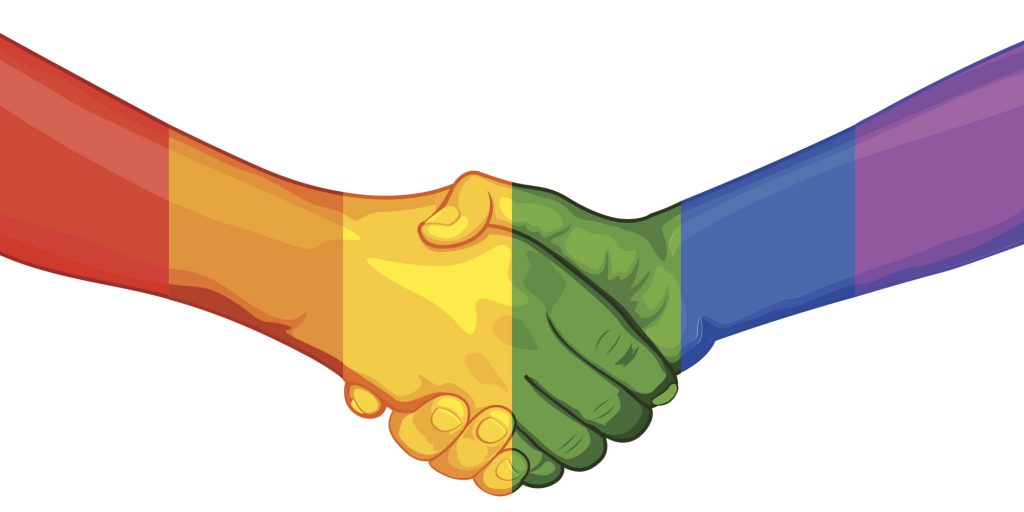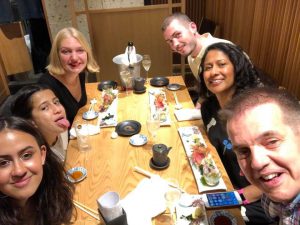I have recently been asked to be the safeguarding lead for vulnerable staff. I am still figuring out what that means, how to undertake the role and how it overlaps with diversity and inclusion, particularly around staff mental health.
We all know that there is a real stigma in this area and that there is a huge individual and employer cost of absenteeism and sick leave. Mental ill health can have a large impact on how able we are do our jobs, affecting motivation, performance and relationships at work. Research shows that a high proportion of employees (approx.40 %) would not tell their boss the truth about why they were calling in sick if they were ill with stress, anxiety or depression. What’s more, studies show that one in four employees – including bosses – say that they have personally experienced mental ill health.
One of the difficulties with mental ill health is that it can be very easy to overlook. Signs and symptoms can vary from person to person, so it can be hard to identify those that need support. I recently did some really thought provoking Mental Health First Aid training, which raised my levels of knowledge and ability to address certain issues.
By focusing on preventive measures such as fostering a positive workplace culture with good awareness and understanding of mental ill health and support systems for employees who are struggling, we can challenge stigma and shame around mental health. We need to be open and honest about mental health and encourage and support individuals to share their experiences, at team meetings or in one-to-ones. Where those in senior positions are open about their own experiences this sends a clear message that mental health is important and an integral part of everyone’s wellbeing.
I’ve always wondered if those around or above me ever experience those days, that I do, from time to time, when I just can’t face getting dressed or entering the world. On these days I need solitude! I don’t consider myself to have particular mental health issues, but I do understand that different things make me feel better or worse mentally.
I am very lucky. I have had roles that enable me to organise my own time and location and have put into place a practice of generally working from home one day a week. Initially, this was part of being a working parent but on reflection the way it enables me to balance workload and personal interaction also supports me in managing my mental health, particularly when I am feeling low or fragile.
All of this means I am a great advocate of us equipping line managers to be aware of mental health issues and know how to spot the signs in their people. Managers must be given suitable support, such as specialist training, to give them the confidence to initiate and carry out appropriate conversations with affected employees. I know myself it is nerve wracking to raise things, for fear of saying the wrong thing and potentially making things worse. Educating managers on how to help support their employees and letting them know what assistance is available provides confidence and improves effectiveness.
In looking at the intersections with safeguarding and compliance with the Equality Act, I know we can’t remove all work pressures but we should be able to work with affected employees to develop coping strategies to help to reduce stress – for example, through a change in working hours or a change of job role. As a part of our duty of care to protect employee health and safety as well as our duty to provide reasonable adjustments we need to be able to identify and address potential work related triggers for stress or mental health problems.
There is no one size fits all approach to managing mental health at work but institutionally we should ensure we are including it as part of our wider sickness absence management policy. And, if you notice your colleagues are calling in sick or regularly working remotely I’d encourage you to take the time to ask them how they really are – it could make a difference.



